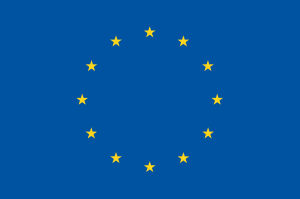Publication of the 12th assessment report on the sanitation situation in the countries of the European Union

The aim of Directive 91/271/EEC concerning urban waste water treatment (UWWT) is to protect the environment against the harmful effects of discharges of urban waste water from residential areas and biodegradable industrial waste water from food processing industries.
The Directive requires all European residential areas or agglomerations with a population equivalent (p.e.) of 2,000 or more to be equipped with wastewater collection and treatment systems. It sets out detailed criteria for the collection and treatment levels required, depending on the size of the agglomeration and the type of receiving water into which the treated wastewater is discharged.
An agglomeration is considered to be UWWTD-compliant only if it collects all its wastewater and treats it appropriately. The treatment must reduce organic pollution in all cases.
For agglomerations with a population equivalent of more than 10,000, and which discharge their water into sensitive areas, the treatment applied must also at least reduce nutrients (nitrogen and/or phosphorus).
To assess the level of implementation of the Directive, the Commission is asking all EU Member States to provide, every two years, detailed information at agglomeration and treatment plant level, as well as information on their implementation programmes.
These data were processed and calculated using calculation algorithms and methods developed by OiEau, continuing the work carried out since 2012. The results obtained were then used for the evaluation.
This 12th report presents the situation in the EU and its 27 Member States for the year 2020.
By developing specific processing tools and gradually refining them, OiEau has been able to highlight certain data quality shortcomings.
Together with the visualisation of the results, the tools developed have supported open dialogue and collaboration with the national authorities.
The Member States have thus been able to improve their data, which has had a direct influence on the quality of the analysis of the results that can be made.



